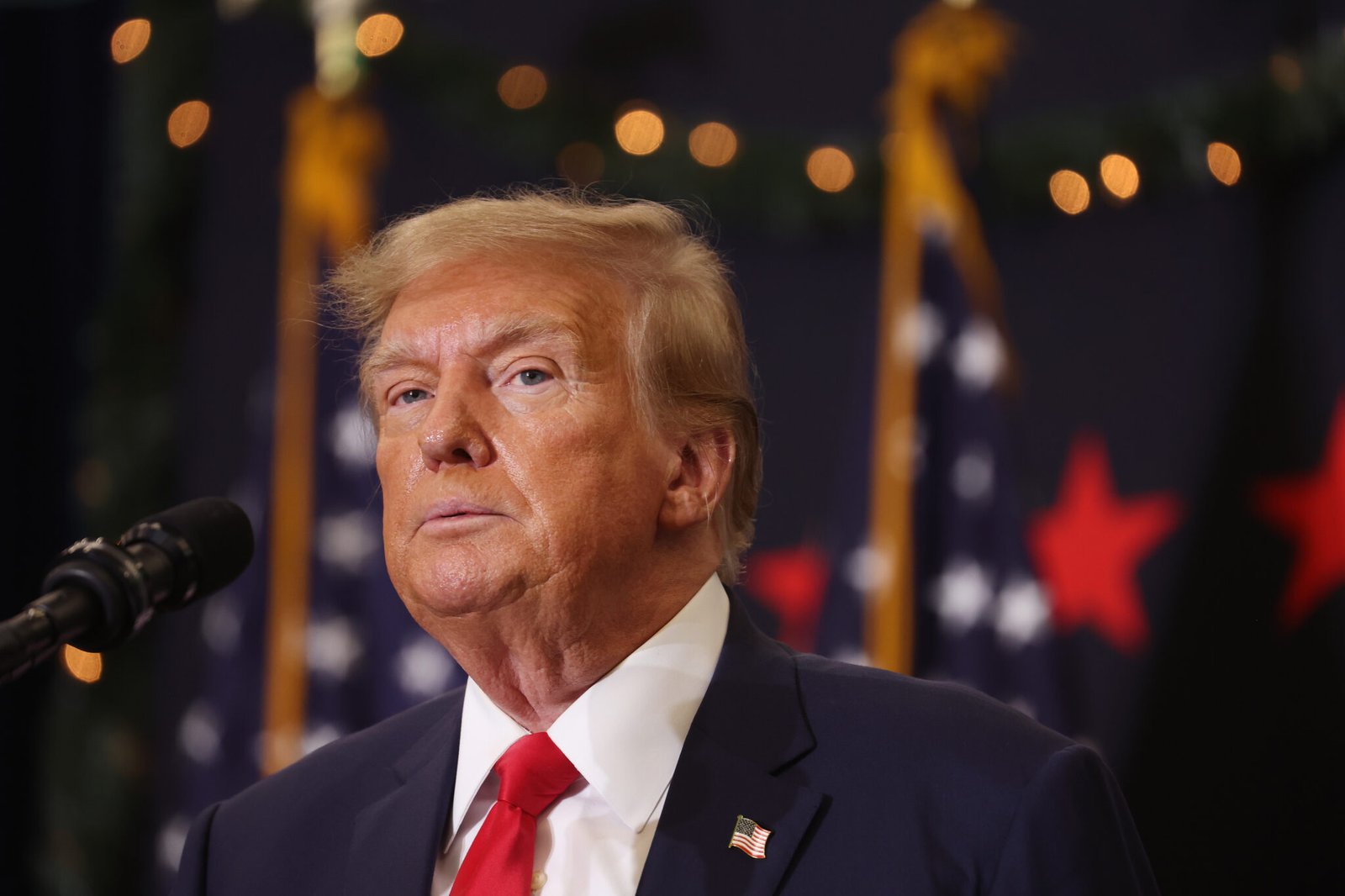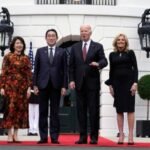In the ongoing legal drama surrounding former President Donald Trump, a significant chapter unfolds as his claim to immunity reaches the highest court of the land. The Supreme Court’s involvement injects new layers of complexity and intrigue into an already contentious issue. As the case garners national attention, it prompts a multitude of questions, inviting scrutiny and speculation. What implications does this legal battle hold for the future? What precedents might it set? Let’s delve deeper into this unfolding saga and explore the questions it raises.
The Foundation of Trump’s Immunity Claim
At the heart of the matter lies Trump’s assertion of immunity from prosecution, a claim grounded in the unique position of the presidency. Citing legal precedent and executive privilege, Trump argues that certain actions undertaken during his tenure as president are shielded from legal scrutiny. This assertion has sparked heated debate among legal scholars and pundits alike, with opinions sharply divided on the validity and scope of such immunity.
The Challenge to Presidential Authority
However, Trump’s immunity claim is not without its challengers. Critics argue that no individual, regardless of their position, should be above the law. They contend that allowing unchecked immunity for a former president could set a dangerous precedent, undermining the principles of accountability and justice upon which the nation’s legal system is built. Thus, the case before the Supreme Court carries implications far beyond the fate of one individual, raising fundamental questions about the balance of power and the limits of presidential authority.
Unraveling the Legal Arguments
As the case unfolds before the Supreme Court, legal experts dissect the arguments put forth by both sides. Trump’s legal team emphasizes the need to protect the presidency from undue harassment and politically motivated prosecution. They argue that subjecting a former president to constant legal scrutiny could hamper the ability of future administrations to govern effectively, creating a chilling effect on executive decision-making.
On the opposing side, challengers to Trump’s immunity claim stress the importance of accountability and transparency in a democratic society. They contend that shielding a former president from legal consequences sets a dangerous precedent, potentially emboldening future leaders to act with impunity. Moreover, they argue that the rule of law must prevail, regardless of one’s status or former position of power.
Implications for Presidential Accountability
Central to the debate is the question of presidential accountability. How accountable should a former president be for actions taken during their time in office? Should the shield of immunity extend indefinitely, or are there limits to its applicability? These questions strike at the core of the nation’s democratic principles, challenging the delicate balance between the branches of government and the concept of equal treatment under the law.
Balancing Competing Interests
In weighing the arguments presented before them, the Supreme Court justices face the daunting task of balancing competing interests. On one hand, they must safeguard the integrity of the presidency and protect it from undue intrusion. On the other hand, they must uphold the principles of justice and ensure that no individual is above the law. Navigating this delicate balance requires a thorough examination of legal precedent, constitutional principles, and the broader implications for the nation’s legal system.
The Role of Precedent
As the Supreme Court considers Trump’s immunity claim, the role of precedent looms large. Past rulings and legal interpretations provide guidance and context for the current case, shaping the arguments put forth by both sides. However, the unique circumstances of this situation raise questions about the applicability of existing precedent. Can past decisions adequately address the complexities of presidential immunity in the modern era? Or is this a case that demands a fresh examination of legal principles?
Shaping Future Legal Doctrine
Whatever the outcome, the Supreme Court’s ruling in this case is likely to shape future legal doctrine and influence the trajectory of presidential power. A decision affirming Trump’s immunity claim could bolster the authority of the executive branch, setting a precedent that reverberates for years to come. Conversely, a ruling against immunity could signal a reaffirmation of the principle that no one, not even a former president, is beyond the reach of the law.
Public Perception and Political Fallout
Beyond the legal ramifications, the case before the Supreme Court carries significant implications for public perception and political fallout. The outcome of this legal battle is sure to be closely scrutinized by politicians, pundits, and the public alike, shaping narratives and potentially influencing future elections. Moreover, the court’s decision may have broader implications for the public’s trust in government institutions and the rule of law, further underscoring the stakes at play.
Conclusion: The Quest for Justice and Accountability
As Trump’s immunity claim lands in the Supreme Court, it ignites a national conversation about the nature of presidential power and the limits of immunity. The questions raised by this case are not merely legal in nature; they strike at the heart of democracy itself, challenging fundamental principles of accountability and justice. Whatever the outcome, one thing is certain: the resolution of this legal saga will reverberate far beyond the walls of the Supreme Court, shaping the future trajectory of American governance and the rule of law.
In the legal saga surrounding Trump’s immunity claim, the questions are as numerous as they are complex. Join us as we explore the implications of this case and the broader implications for American democracy and the rule of law. #TrumpImmunity #SupremeCourt #RuleOfLaw










